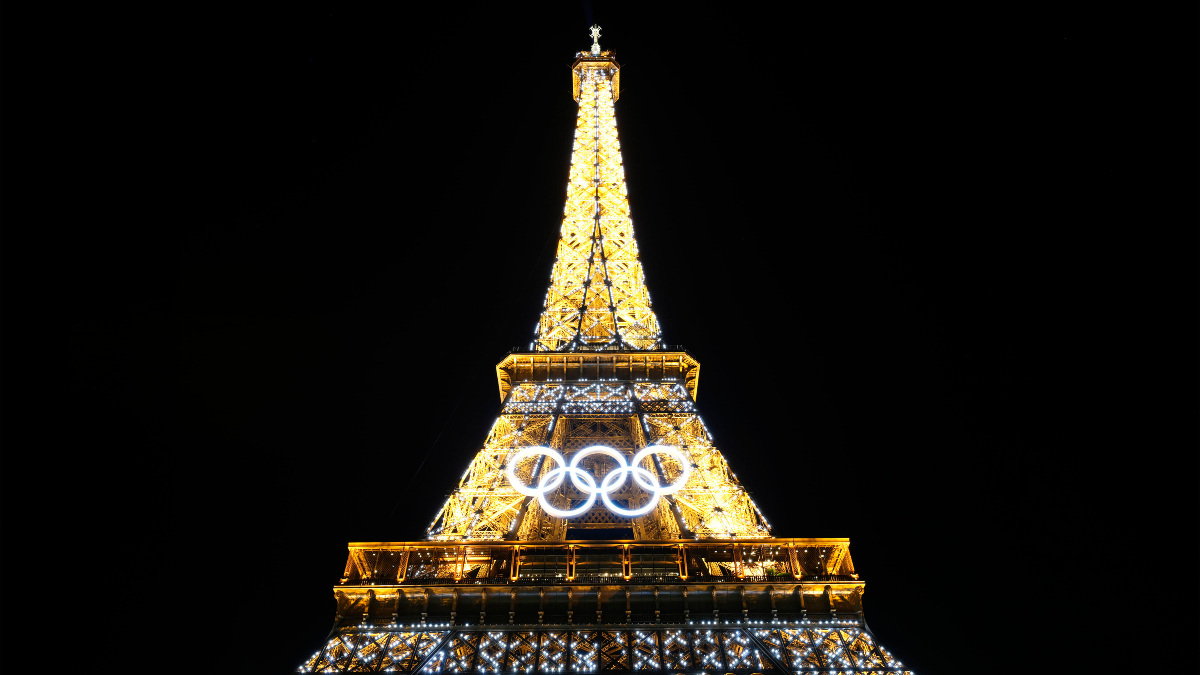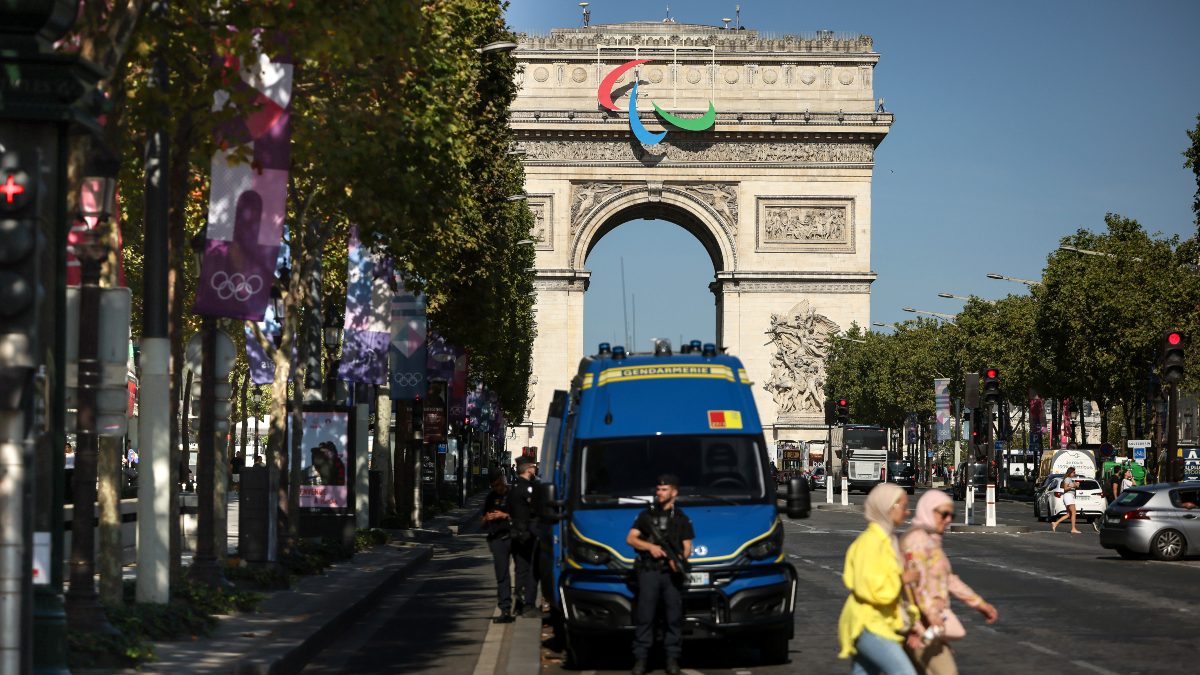Before the 33rd Summer Olympics Games get underway, we take a look at what’s new in Paris this year. read more
)
Paris is set to host the Summer Olympics for the third time in 2024. Reuters
The 2024 Paris Olympics will kick off a little over 24 hours from now with the opening ceremony set to take place in River Seine at 11 pm IST (7.30 pm local time).
A few of the events are already underway including football, archery but the Games are not officially considered open until the Opening Ceremony has taken place.
Paris Olympics Complete Coverage: Click here for news, schedule, explainers and more
Before the 33rd Summer Olympics Games get underway, we take a look at what’s new in Paris this year:
Opening ceremony outside stadium
Paris 2024 is set to standout in Olympic history for having the most unique opening ceremony ever. This year’s opening ceremoyn is set to take place at The Seine, the river that flows through the French capital, instead of a stadium as has been a norm over the years.
Over 10,000 athletes will be travelling on around 100 boats during the opening ceremony that will pass through some of Paris’ most iconic places including Notre Dame, Pont des Arts and Pont Neuf. The floating parade will begin from the Austerlitz bridge and will end at the Trocadéro, where the remainder of the Opening Ceremony will take place.
Gender parity
It was in Paris in 1900 where women athletes competed at the Olympics for the first time. More than a century later, the French capital bears witness to another milestone — that of a parity between male and female athletes at the world’s biggest sporting event.
A total of 10,500 athletes from 206 countries are participating in the 2024 Paris Games, and feature as many man as women. For context, the 1936 Olympics had just 8.4 per cent female participation while the number in the Tokyo 2020 Games was 47.8 per cent.
New sports
Breaking, more popularly known as breakdancing across the world, will be making its highly-anticipated debut in the Paris Games. What began as a dance form in New York City in the 1970s has slowly evolved into a competitive sport that has its own world championships.
It was part of the 2018 Youth Olympics in Buenos Aires and is set to experience its biggest moment ever in Paris in July and August. Breaking, however, has not been included for the Los Angeles Olympics four years from now.
Also canoeing is set to have a new event in Paris 2024 — kayak cross, where athletes will compete against each other over white-water and through obstacles.
Sports such as surfing, climbing and skateboarding are set for a second appearance after they made their debuts in Tokyo 2020.
Repechage rounds in athletics
Athletics, along with swimming, has been at the heart of the modern Olympic Games since the inaugural edition in 1896. After 128 years, the most popular sport at the Summer Olympics is set to have ‘repechage’ rounds, which is set to change the qualification system for the semi-finals.
Repechage, which is already in place in sports such as wrestling and boxing, will be introduced in all track events from 200m to 1500m, including hurdles events. In the ‘repechage’ provision, athletes will stand the chance of making the semi-finals even if they don’t automatically qualify in round one heats by participating in the repechage heats. It essentially gives a second chance to those who finish outside the top 3 in the heats.

 1 month ago
11
1 month ago
11
)
)
)
)
)
)
)
)
)
)
)
)
)
)
)
)
)
)
)
)
)
)
)
)
)
 English (US) ·
English (US) ·